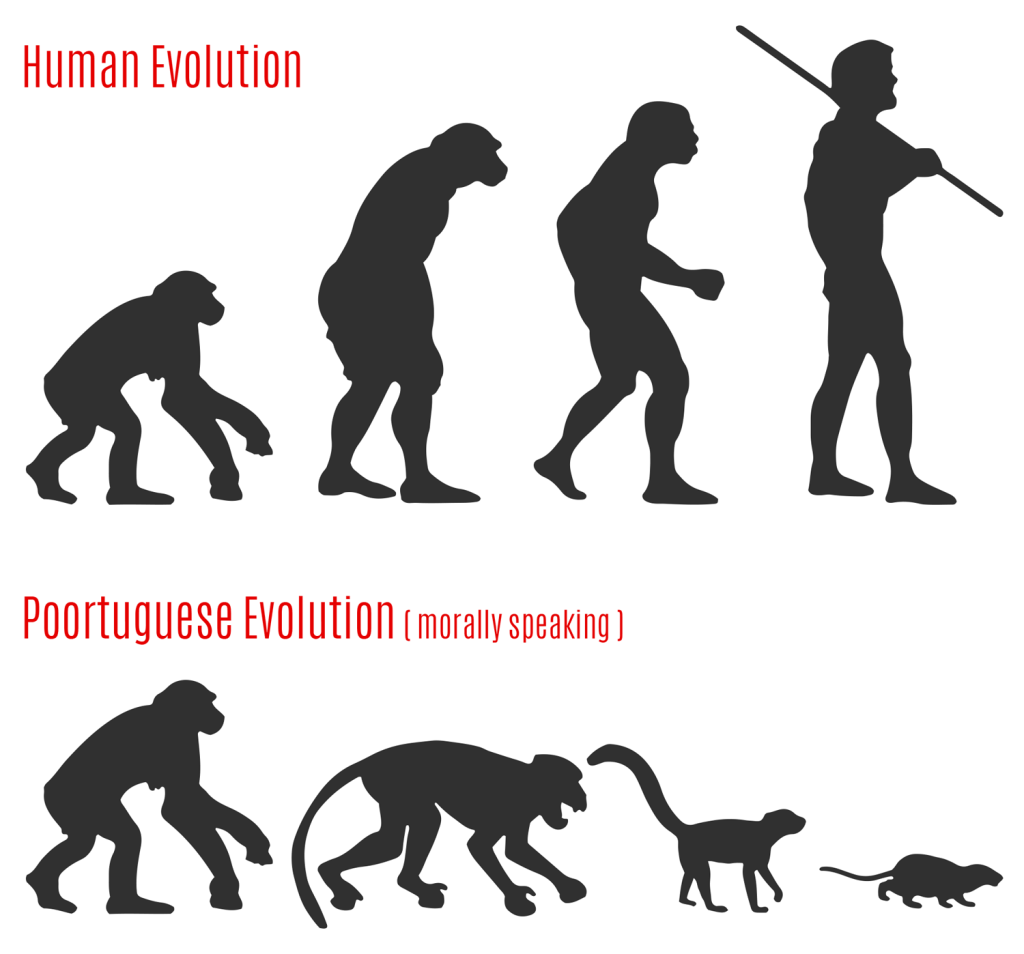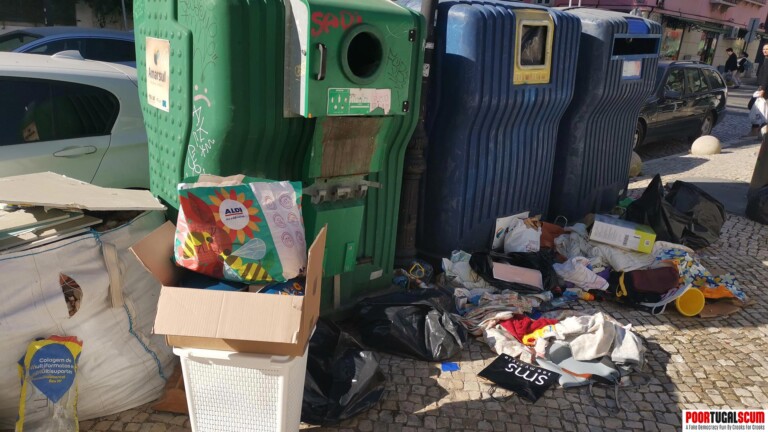“We don’t know the real number of fraud cases in Portugal,” says Ana Carla Almeida. Thank you! That is very reassuring to know!
In Portugal it is like this: 2,709 suspected cases of fraud in the use of European funds were reported in the QREN, but so far there have only been two cases of proven fraud, involving 200 thousand euros in agricultural aid. In Portugal 2020, there were 1,320 suspected cases and none proven.
Let’s see if I read it right the first time: 2,709 cases of fraud and only 2 caught! In 2020 there were 1,320 cases and no one caught!
In Portugal you never know anything, especially when it comes to corruption, fraud, etc. Why would that be?
What is this “country” doing in the EU?! For God’s sake!
The following article is a translation (mostly MT). You can find the link to the original website at the end of it.
The study advocates the celebration of a strict data communication protocol between the Public Ministry and the General Inspectorate of Finance. The protocol was proposed in 2016 and is awaiting a response.
In Portugal there is no real knowledge of fraud. This is the conclusion reached by the head of Think Tank | Fraud Risk, Financial Resources of the European Union, arrives after carrying out a study to understand fraud in Structural Funds in Portugal.
“We don’t know the real figures of fraud in Portugal,” said Ana Carla Almeida at the conference presenting the study. “No one doubts that corruption in Portugal does not correspond to the official figures. But fraud is different. It is hidden and covert, and the reported fraud figures do not correspond to the real fraud,” the prosecutor explained.
According to the study, 2709 suspected cases of irregularities or fraud in the use of European funds were reported in QREN. But, so far there are only two cases of proven fraud, involving 200 thousand euros in agricultural support.
In Portugal 2020, there are 1320 suspected cases and none proven.
“Things cannot continue as they are, because then we will not know about the fraud. We need to change so that later we can know and make informed decisions”, says Ana Carla Almeida. “Do the entities that handle the funds not want to know what is going on, at the risk of continuing to miss the target?” the person in charge asks provocatively.
The major problem identified by the authors of the study was the quality of the data, the lack of compatibility and comparability between them, not to mention their late availability. “The impossibility of comparing more than 50% of the data makes it impossible to understand fraud in Portugal,” says Ana Carla Almeida.
“What makes me uncomfortable is that there are so many legal processes related to fraud, and we don’t know the context of these processes”, says Elsa Cardoso, the ISCTE researcher in charge of the scientific and technical coordination of the study. “It took time to do this,” she adds.
“Knowing the reality of the data of criminal actions can already guide us as to what the phenomenon of fraud is, but at the moment the crossing of data is not possible,” she affirms, adding that it is essential to “study in more depth the classification of the crime of fraud” and that Citius should reclassify the types of crimes as the processes evolve, always respecting the rules of the GDPR.
One of the main recommendations of the ISCTE researchers is to establish a strict data communication protocol between the Public Prosecutor’s Office and the General Inspectorate of Finances, in which one entity electronically communicates to the other all the initiatives it takes in relation to possible fraud in the allocation and use of European funds. Carla Almeida revealed that this protocol was proposed to the IGF in 2016, but has been awaiting a response since then.
With Ana Cristina Rodrigues, Inspector General of the IGF, sitting in the audience of the conference, there was a moment of direct confrontation with the authors of the study, who were accused of not being available to clarify doubts with the IGF before the study was published. An unavailability due to the fact that they had to wait a year to overcome GDPR problems and access the data. A difficulty that led to a four-month delay in the deadline for the completion of the study, which was financed by the European funds themselves (Programa Operacional Assistência Técnica – POAT).
( … )









